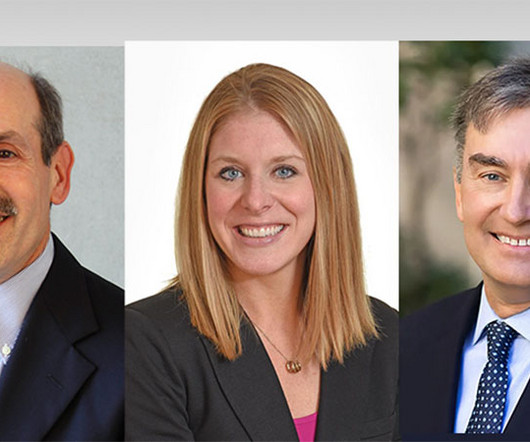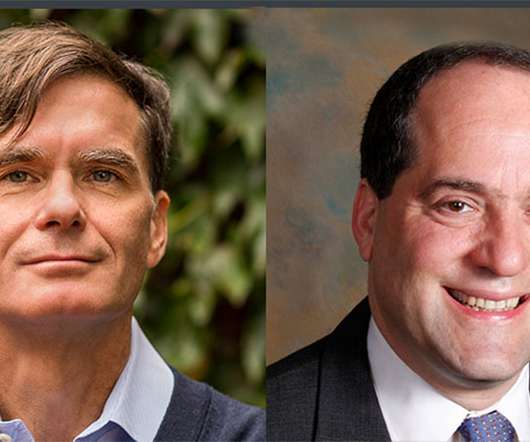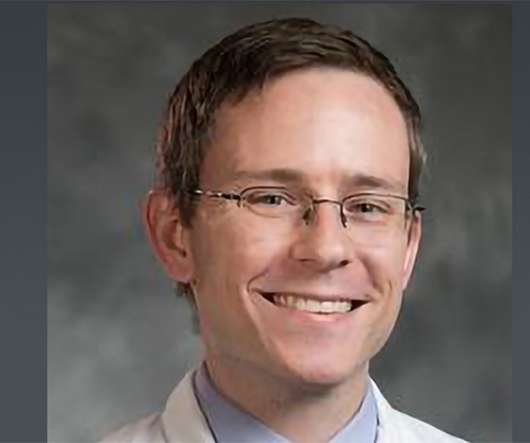The Future of Geriatrics: A Podcast with Jerry Gurwitz, Ryan Chippendale, and Mike Harper
GeriPal
NOVEMBER 2, 2023
The medical school has no geriatricians.” ” And I said to her, well, they had a geriatric nurse practitioner. We can train medical students and residents about geriatrics without geriatricians. And same with what we’re learning from the residents and the medical students that are joining.












Let's personalize your content